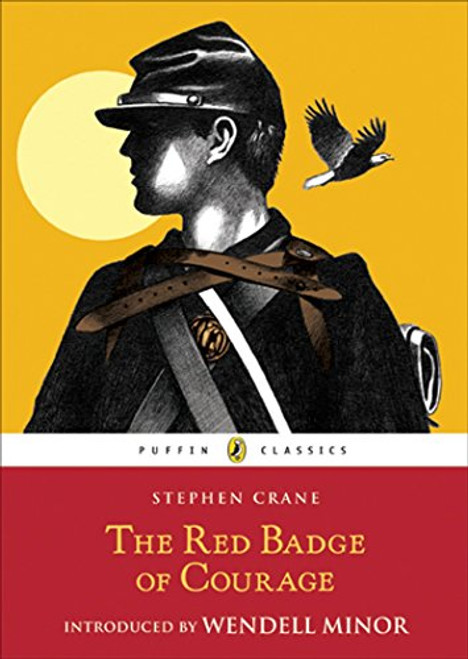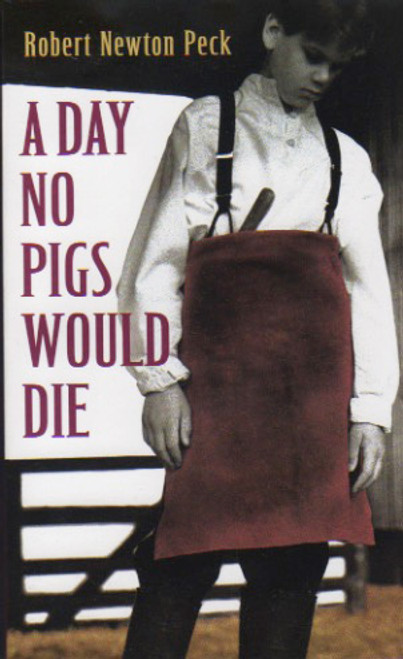Description
Stephen Crane’s classic novel looks at the trauma and horror of war through a young man’s eyes. Henry Fleming joins the Union army as a green recruit dreaming of glory and heroic acts on bravery on the battlefield. He wants to earn his “badge of courage.” He imagines himself "a blue determined figure standing before a crimson and steel assault, getting calmly killed on a high place before the eyes of all." Camp life, he soon discovers, is far less exciting than the army of his imagination. During long periods of enforced idleness, Henry is plagued by adolescent doubts: Will he distinguish himself in battle? Will he run? He longs for the fighting to begin so that he might be tested, might "watch his legs" in the midst of battle to see whether they stand firm or flee. But the harsh reality of the Civil War, his terror during his baptism of fire, and the terrible death of his friend send him fleeing the battlefield in great leaps.
Falling in with a convoy of wounded soldiers, Henry wishes that, like them, he too had an external sign of valor, a wound, “a red badge of courage” to prove to the other soldiers and himself that he was made of heroic material.
Henry must learn, through much mental and spiritual agony, to stand in the face of physical danger with no thought to his own heroics nor to the opinions of others. He learns to despise his earlier dreams of war and glory. Instead he finds a quiet manhood, non-assertive but of sturdy and strong blood. He has faced death and become a man.









